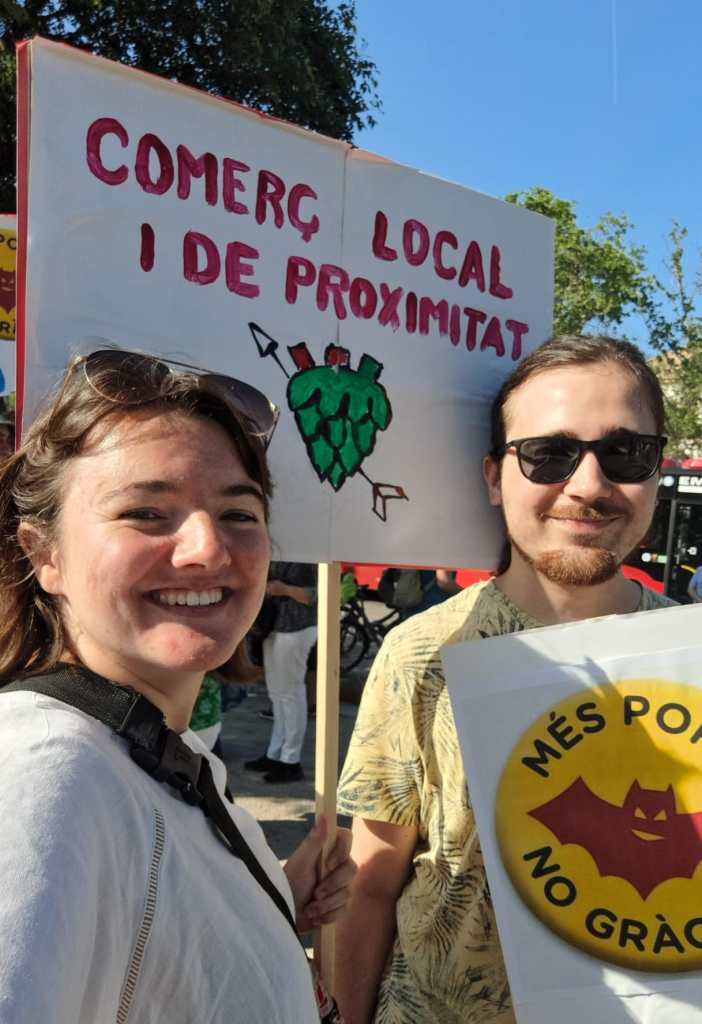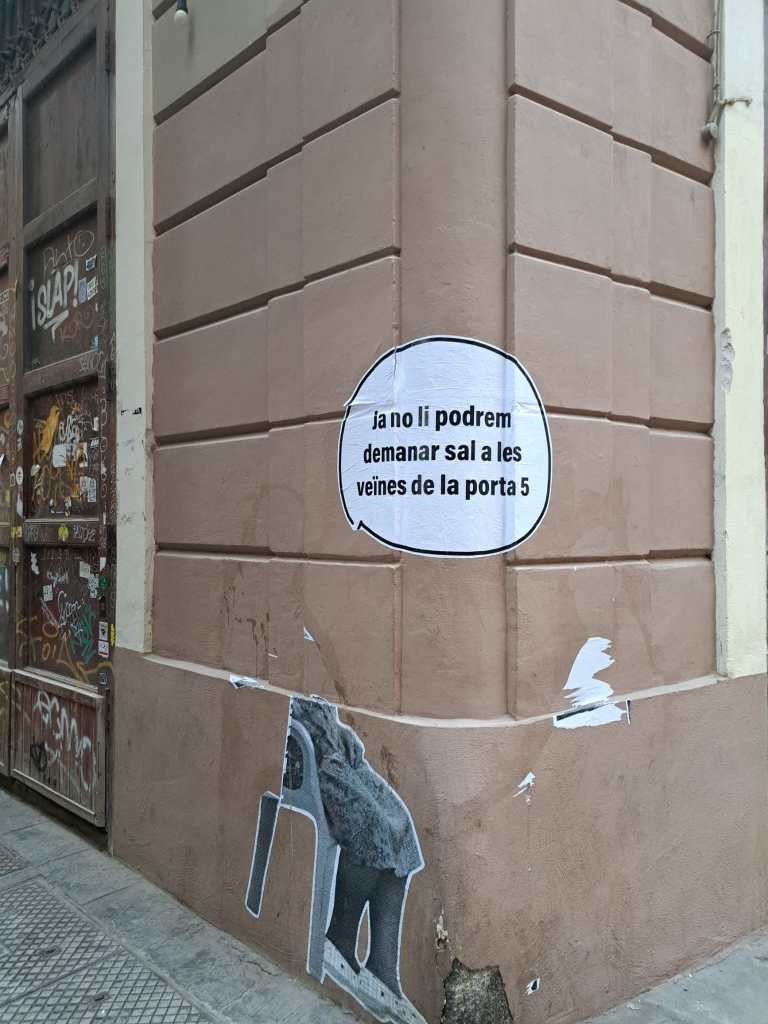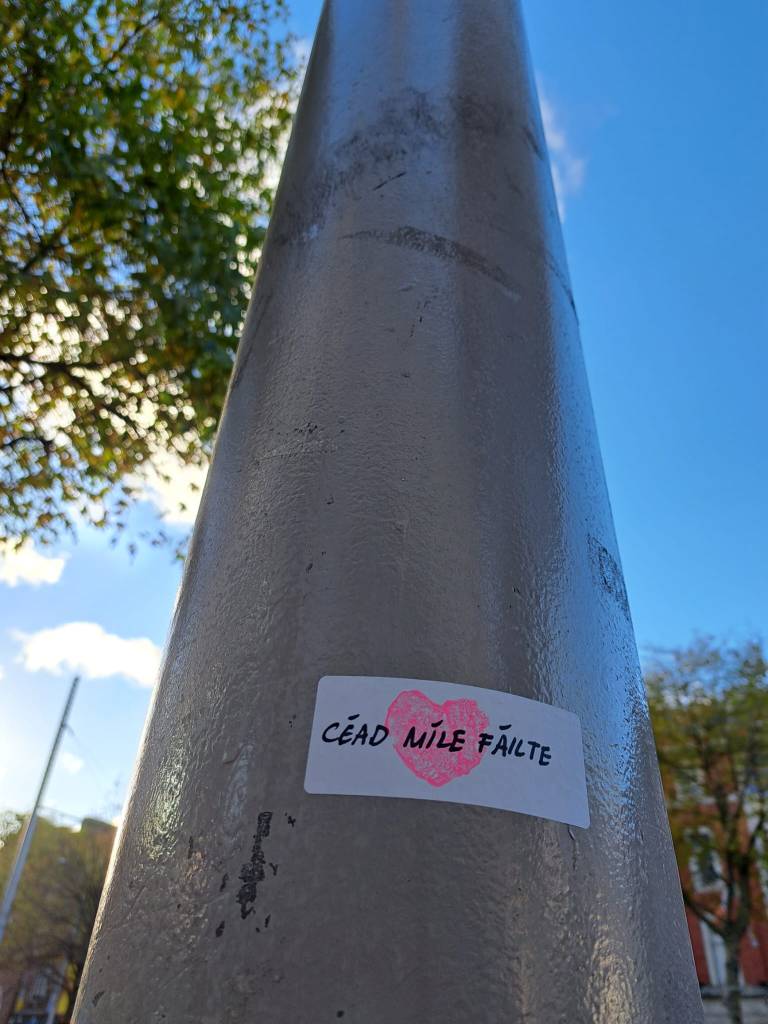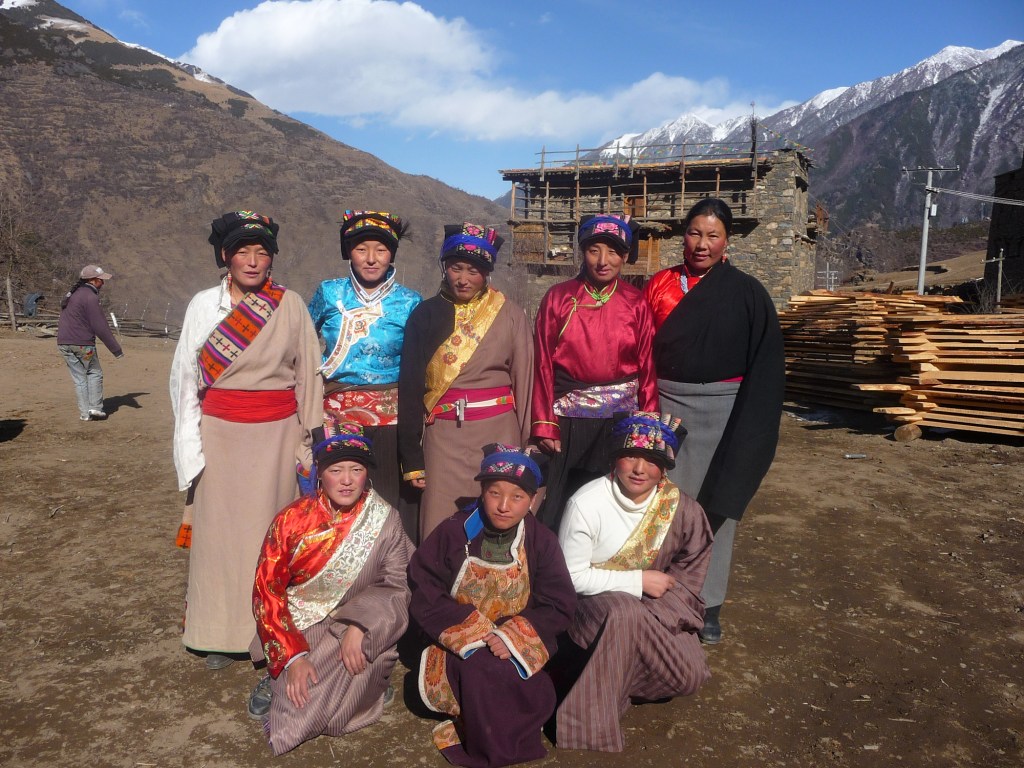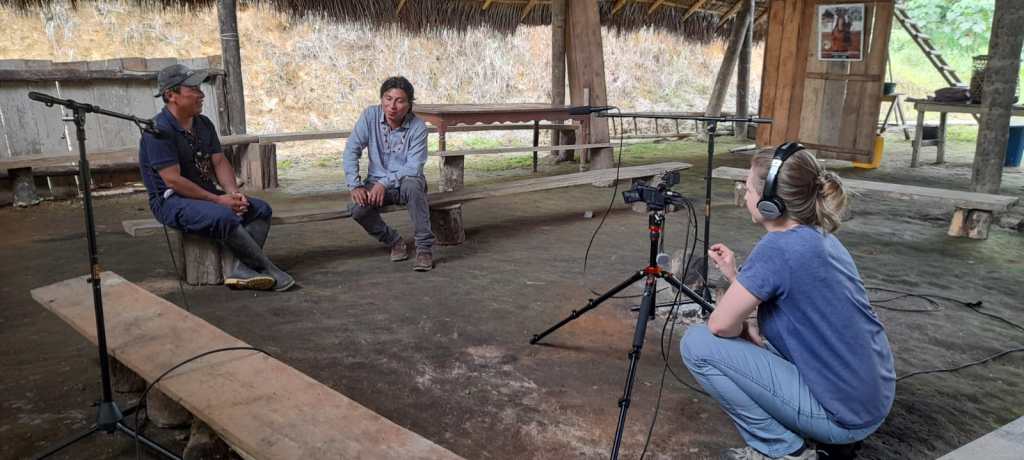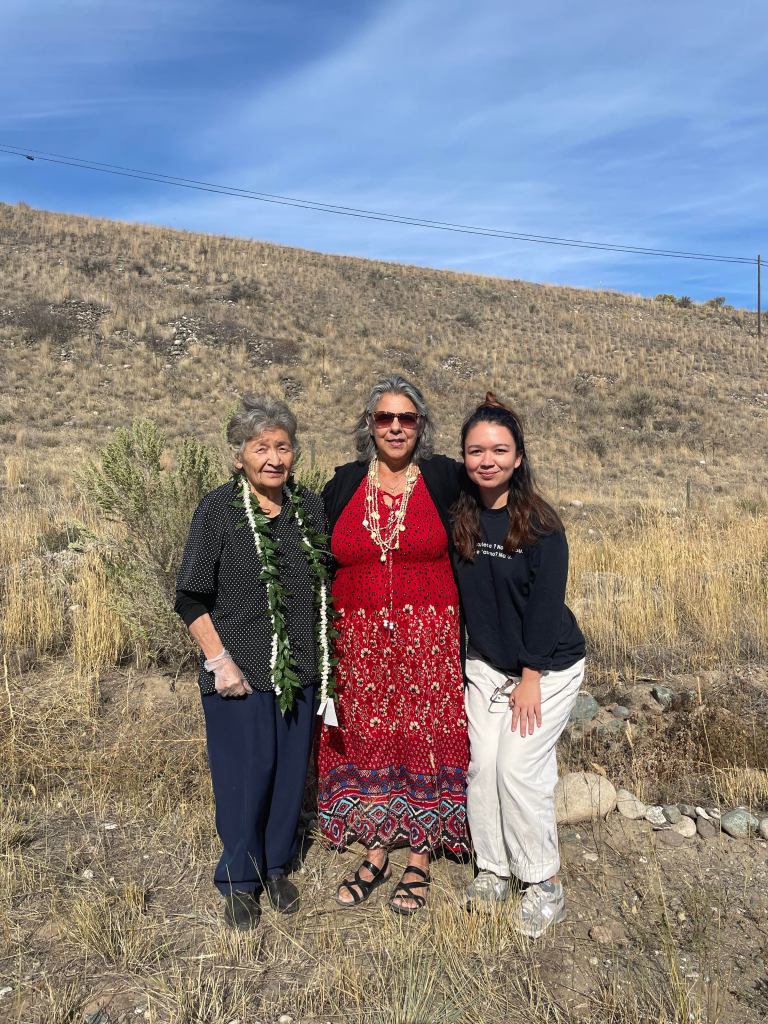Happy International Mother Language Day! After 5 seasons, this is the final episode of Field Notes! Today’s interview is between Laura Tsutsui (Field Notes producer) and Martha Tsutsui Billins (Field Notes host) on Amami sociolinguistic research, plus a look back at the last five years of podcasting. Thanks so much for listening!
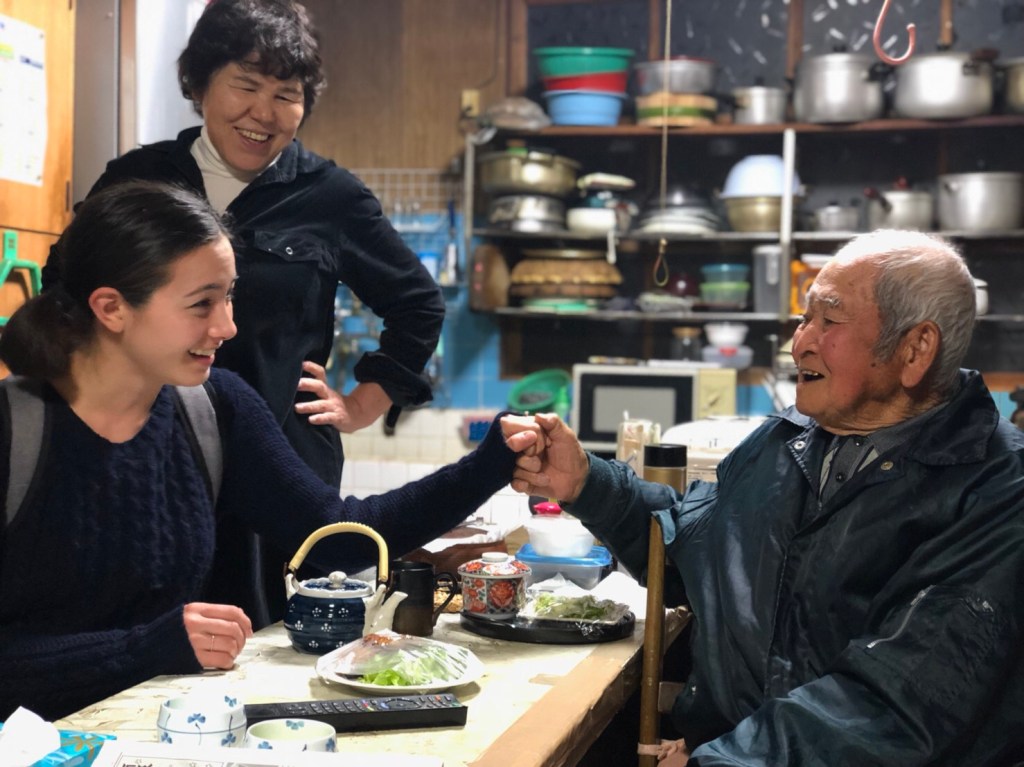
Things mentioned in this episode:
- Uchinaa Yamatu-guchi
- Yaeyama language
- Amami languages
- Ryukyuan language family
- Uchinaaguchi (Okinawan) language
- Miyako language
- Dunan (Yonaguni) language
- Pragmatic Consequences of Language Shift: A Contrastive Study of Politeness Marker Loss in Northern Ryukyuan (van der Lubbe, Tsutsui & Heinrich, 2021)
- Lingthusiasm Podcast
- Ep 3: Lyle Campbell on Language Documentation in the Americas
- Ep 6: Madoka Hammine on Insider Research in the Ryukyus
- Ep 21: Community-Based Documentation with Sheena Shah
- Endangered Languages Archive
- Ep. 45: Patrick Heinrich on Ryukyuan Language Documentation and Revitalization
- Ep. 46: Kate Lindsey on Idi and Ende Language Documentation in Papua New Guinea
- JET Programme
- National Science Foundation
- SBE Postdoctoral Research Fellowships (SPRF)
- Grandad: Fresno State’s Archaeological Field School
- SOAS, University of London
- International Conference on Language Documentation & Conservation

Listen to this episode here, or on your favorite podcast app! Field Notes is available on Apple Podcasts app (iPhone), Google Play Music (Android), Google Podcasts app (Android), Stitcher, Spotify, Podbean, Podcast Republic, Castbox, Player FM, and several other apps via RSS.


